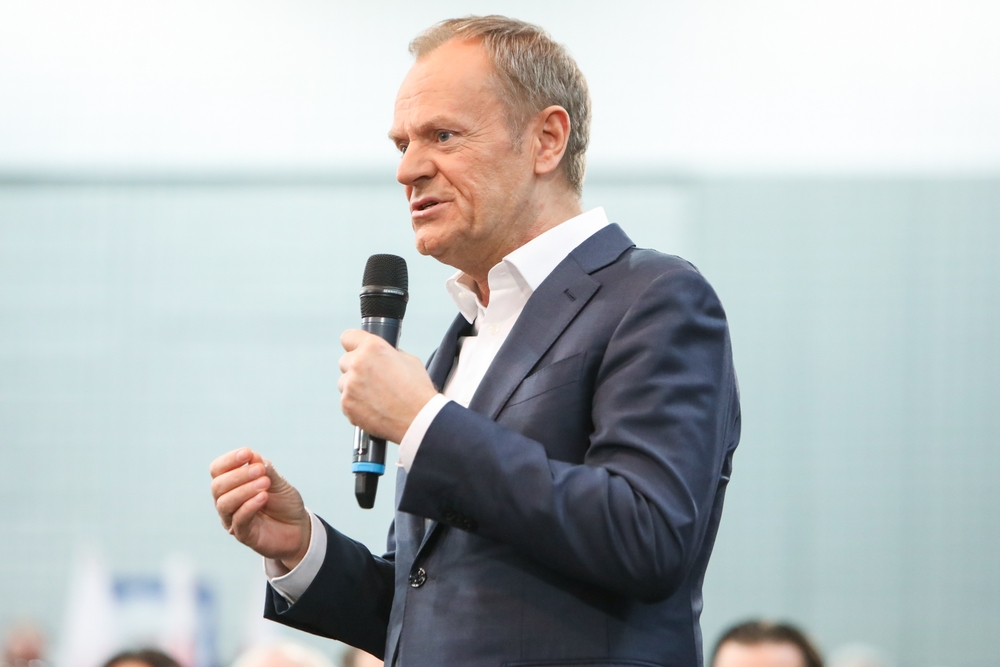Polish Minister Highlights Russian Missile Threat to Berlin,
Others are reading now
Polish Foreign Minister Radoslaw Sikorski, in a recent interview with Frankfurter Allgemeine Zeitung, expressed concern that Europe is underestimating the threat posed by Russia. Notably, Sikorski pointed out that Berlin falls within the range of Russian missiles positioned in Kaliningrad, an alarming revelation that underscores the potential dangers of the current geopolitical situation.
This statement is part of ongoing warnings from Western officials regarding the risk of conflict with Russia. Since Russia’s invasion of Ukraine, NATO militaries have bolstered their capabilities and readiness. Although a direct confrontation between NATO and Russia has been avoided thus far, fears linger over the West’s readiness for such a scenario.
Highlighting the immediacy of the threat, NATO’s military logistics commander in Germany, Lieutenant General Alexander Sollfrank, had previously warned in January of the possibility of Russian missile strikes in Europe, including Germany, in a full-scale war scenario.
Also read
Responding to a question about Poland’s safety, Sikorski underscored the seriousness of Russian President Vladimir Putin’s threats towards nations like Poland, Latvia, and Finland. He expressed surprise over Germany’s apparent lack of concern regarding the Iskander missiles in Kaliningrad that are capable of reaching Berlin.
Sikorski also emphasized the economic disparity between the West and Russia, noting that despite the West’s greater economic strength, Russia maintains an advantage in ammunition production. He advocated for the mobilization of Western forces to counterbalance Russia’s military capabilities.
A key part of the conversation revolved around U.S. support for Ukraine. Sikorski highlighted the dilemma that would arise if the U.S. were to reduce its aid, forcing Europe to either significantly increase its support or risk allowing Putin to conquer Ukraine.
Amid domestic political debates in the U.S., the continuation of American aid at the levels seen in 2022 and 2023 is uncertain. President Joe Biden’s recent statements suggest a potential shift in the U.S. commitment to Ukraine, and former President Donald Trump, a likely Republican presidential nominee, has not committed to long-term support for Ukraine. Instead, Trump proposed negotiating a peace treaty, the terms of which are unclear but potentially disadvantageous to Ukraine.
Ukrainian leaders, including President Volodymyr Zelensky, recognize that Europe may struggle to support Ukraine financially and militarily without substantial U.S. aid. Ukrainian Foreign Minister Dmytro Kuleba acknowledged the absence of a “plan B” if U.S. assistance ends, highlighting the critical nature of American support in the ongoing conflict.

